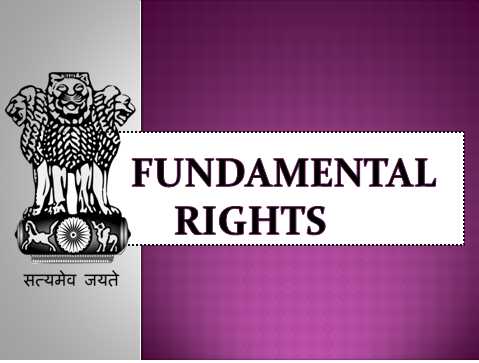In India, reservation is a system of affirmative action whereby a certain percentage of seats in government institutions, both at the Union and State levels, are reserved for members of historically disadvantaged communities. The rationale behind reservations is to ensure equal opportunity and social justice for these communities, which have been subjected to centuries of discrimination and oppression.
However, reservation is not a fundamental right in India. This is because the Constitution of India does not guarantee any specific right to reservations. Instead, it only empowers the State to make special provisions for the advancement of any socially and educationally backward class of citizens or for the Scheduled Castes and Tribes.
The Supreme Court of India has also held that reservation is not a fundamental right. In the famous Indra Sawhney case, the Court ruled that reservations can be made only on the basis of backwardness and not on the basis of caste. The Court also held that reservations can be made only for certain purposes, like education and employment, and not for other purposes like promotions.
There are several reasons why reservation is not a fundamental right in India.
Firstly, the Constitution does not guarantee any specific right to reservations.

Secondly, the Supreme Court has ruled that reservations can be made only on the basis of backwardness and not on the basis of caste.
Thirdly, reservations can be made only for certain purposes, like education and employment, and not for other purposes like promotions.
Fourthly, the Constitution provides for a reasonable classification of citizens for the purposes of reservations. This means that the State can make reservations only for those groups of citizens who are truly backward and not for those who are just marginally backward.
Fifthly, the reservation policy must not be excessive or unreasonable. This means that the reservations must not exceed 50% of the total seats in any institution.
Lastly, the reservation policy must be in the interest of the country as a whole and not just in the interest of any particular group of people.
So, these are some of the reasons why reservation is not a fundamental right in India. It is a complex issue, with a number of factors influencing it. However, it is important to remember that the Constitution of India does guarantee equality of opportunity to all its citizens, regardless of their caste, creed, or religion. Thus, it is clear that reservation is not a fundamental right in India. However, it is a constitutional right which can be invoked by the State in order to ensure equal opportunity and social justice to the historically disadvantaged communities.